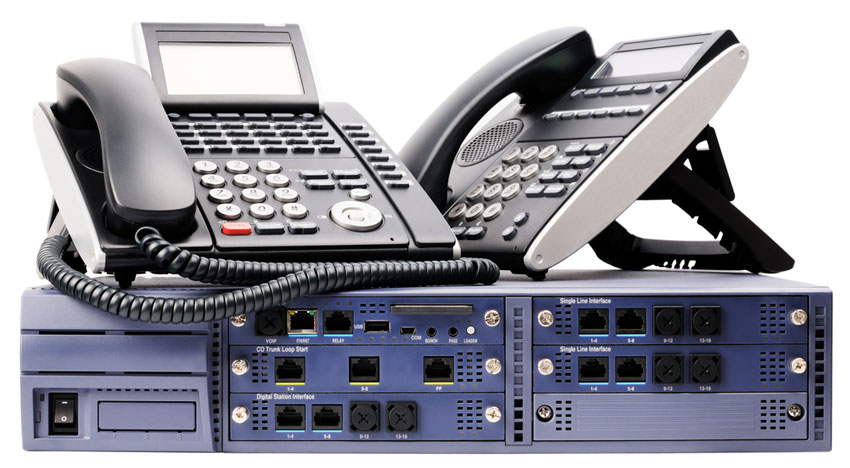What is VoIP?
Voice over Internet Protocol, or VoIP, is a telephone technology that allows users to place phone calls through an internet connection instead of a landline or cellular network. VoIP is often seen as a more practical and affordable alternative to traditional analog telephone services.
What is the difference between VoIP and traditional phone services?
In order to understand VoIP, it’s important to get a sense of traditional phone services and how they work.
When making a call on traditional landlines or cellular networks, your phone will connect to a central telecommunications network called the public switched telephone network (PSTN). Through this network, your phone will send and receive analog signals.
VoIP, on the other, doesn’t connect to the PSTN. Instead, it connects via your internet connection and sends and receives digital signals, not analog.
Digital signals are important here because they send data much more efficiently than analog signals. This allows for better audio quality and much cheaper calls over long distances.
Moreover, analog signals require special cables and equipment. For larger companies, that can require costly installations and maintenance.
Advantages of VoIP
Less Expensive
Far and away, the biggest advantage of VoIP is the savings. Many businesses that switch can expect to cut their phone expenses in half.
Sound Quality
Voice quality using VoIP lines is noticeably improved over traditional networks. Just compare the quality of Skype or FaceTime calls to your regular network calls.
Remote Access
Users don’t need to be at the office in order to take calls. Send or receive calls anywhere you have an internet connection through apps on your phone, tablet, or computer.
Advanced Features
VoIP plans will usually provide additional features such as conference calls, mobile apps, auto attendants, call recording, voicemail, and more.
Scalable and Flexible
Adding additional users won’t require the installation of new lines or equipment. This allows for increased scalability when changing personnel.
Disadvantages of VoIP
High-Speed Internet Required
Because VoIP is sending data through the internet in real-time, a good internet connection is a necessity.
Emergencies
In the event of a power outage, VoIP systems won’t function like traditional phone systems will. And when calling emergency services, 911 operators won’t have access to your location as they would with network lines.
Reliable VoIP Provider
Hopefully, this article answered some of your outstanding questions about VoIP technology. Many businesses have integrated VoIP telephone systems into their day-to-day operations. If you have questions about finding a reliable VoIP provider, Wiilcom is here to help.

